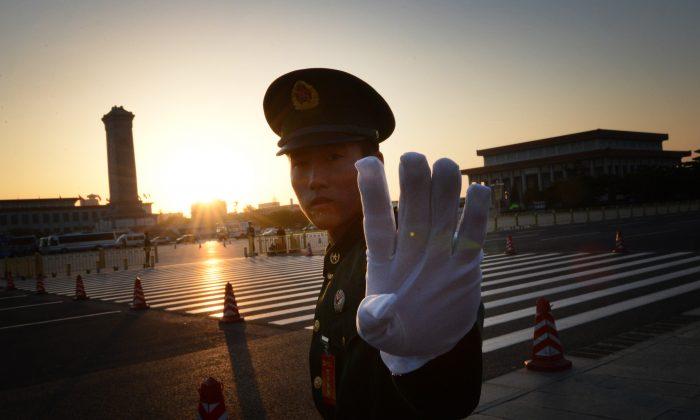As the Dominican Republic drops long-term partner Taiwan and adopts the One China policy, Washington must prepare for a rise in intelligence-gathering activities from China.
Given the staggering levels of corruption within the Dominican government, the important presence of the United States on Dominican soil, the country’s proximity to the U.S. mainland, and China’s vast financial resources, Chinese spies will be operating in a place with countless opportunities.
Washington and Santo Domingo established diplomatic relations in 1884. These relations are cemented by cultural exchanges, information-sharing, tourism, foreign aid, bilateral cooperation, economic interests, and trade. Nevertheless, as one of China’s newest partners in America’s backyard, the Dominican government’s financial dependency, foreign policy, political atmosphere, and allegiance to the United States will be influenced by Beijing’s deep pockets.
Through its One Belt, One Road initiative, China has been pumping cash into developing countries at an astonishing rate, indicating that it could be a strong partner/financier on which developing countries can rely as they pursue economic development. China has been investing heavily in infrastructure in small economies such as Zambia, Djibouti, Zimbabwe, Sri Lanka, and Kenya.
In return, the Chinese install military bases; capitalize on lucrative loans, imports and exports; increase their global political influence; obtain concessions to build power plants, roads, railways, ports, and manufacturing industries; and gain unprecedented access to areas in which the United States has been a bastion for decades—e.g., Panama, Djibouti, Dominican Republic, and others.
The access to the U.S. backyard, in particular, allows China’s highly skilled intelligence officials to ingeniously perform intelligence-gathering activities, especially reconnaissance operations, cyberattacks, industrial espionage, and intelligence collection by intercepting electromagnetic signals (ELINT) and electronic communications (COMINT).
Additionally, by having a solid presence in the United States’ backyard, Chinese spies have a great chance at recruiting, and thus, at obtaining classified information from, American government officials and members of the U.S. military, as well as Americans working for NGOs, multinational corporations, and international and intergovernmental organizations.
China, a behemoth of espionage with global supremacy aspirations and plenty of cash, has found a geopolitical niche in the Dominican Republic, which is essentially ruled by a caste of political mercenaries. By double-crossing long-term partner Taiwan and succumbing to Beijing’s mouthwatering monetary offers ($3 billion in loans before even establishing diplomatic relations), the Dominican government indicates that states, corporations, or individuals with vast financial resources can accomplish pivotal political maneuvers within its governmental apparatus. Hence, the opportunities for prosperous China in the Dominican Republic are monumental.
Chinese intelligence-oriented activities on Dominican soil will eventually find support in corrupt Dominican government officials willing to sell their services and political influence to the highest bidder. In recent years, the Dominican intelligence apparatus has been used for illegal activity. In April 2017, then-Minister of the Interior and Police, Carlos Amarante Baret, inadvertently admitted on national television to using the main intelligence agency of the Dominican Republic, the National Department of Investigations (DNI, Departamento Nacional de Investigaciones), for illegally wiretapping cellphones of political dissidents and journalists in an effort to disrupt demonstrations against corruption and impunity.
Washington must sanction and, if legally viable, extradite corrupt Dominican government officials that have broken U.S. or international law to send a clear message: corrupt activities in conjunction with the Chinese government in detriment of the United States won’t be tolerated.
The U.S. national-security apparatus must remain alert and cautious with respect to China’s presence in lawless, corruption-stricken Dominican Republic, because the Chinese have the skills, motives, political influence, and military, intelligence, and financial capabilities to inflict serious damage on the U.S. infrastructure, economy, intelligence apparatus, and governmental core. In short, by establishing diplomatic relations with China, Santo Domingo has given Beijing unprecedented access to further its global supremacy agenda in America’s backyard.


Friends Read Free